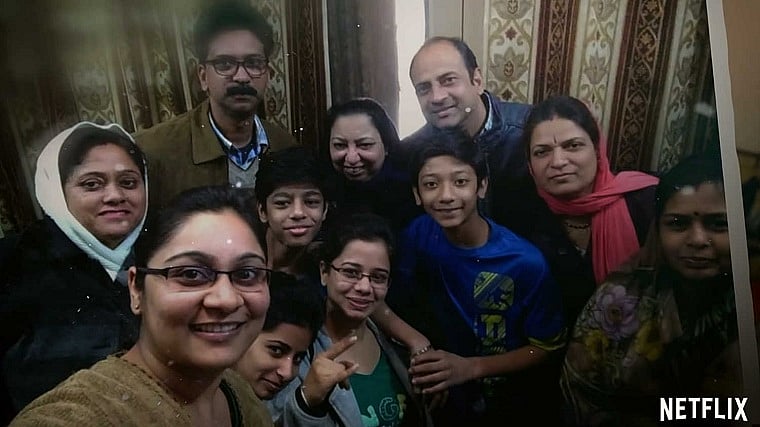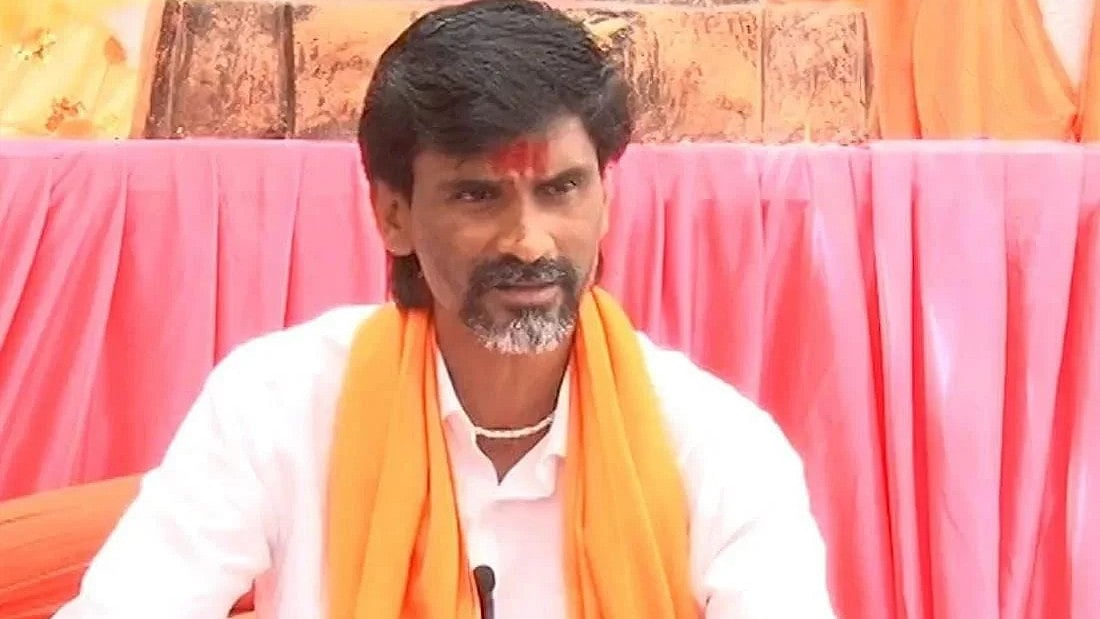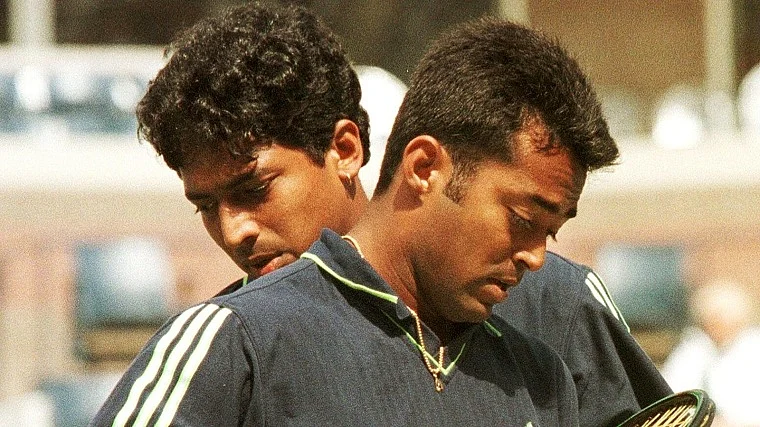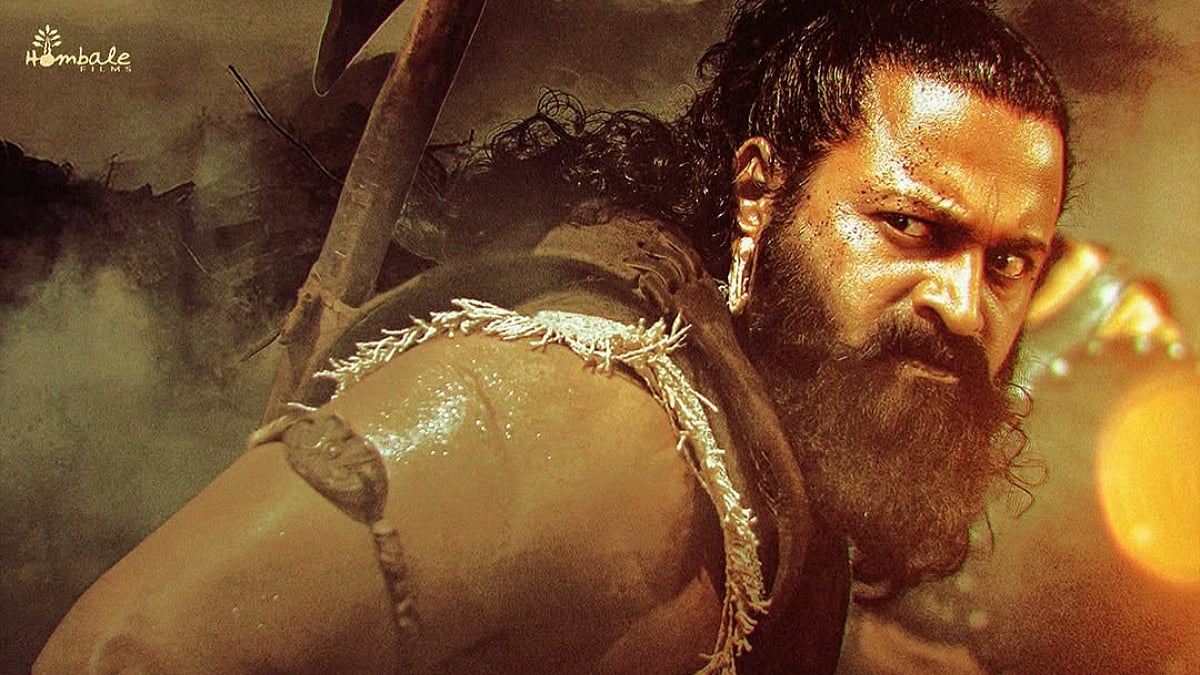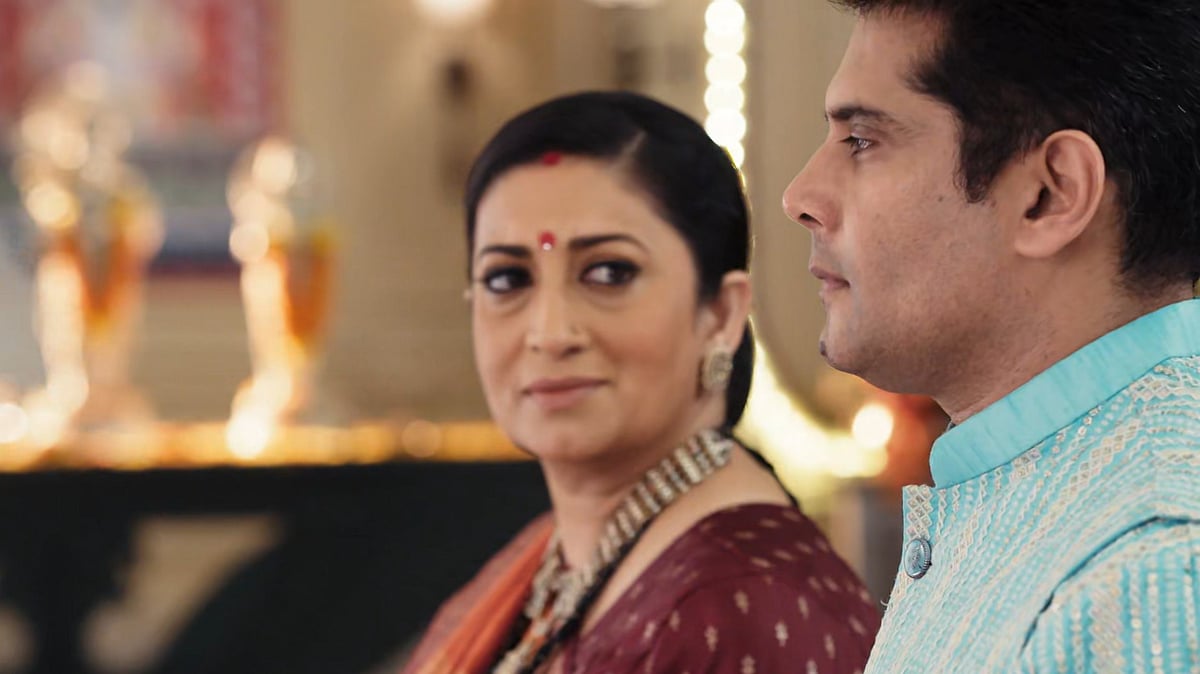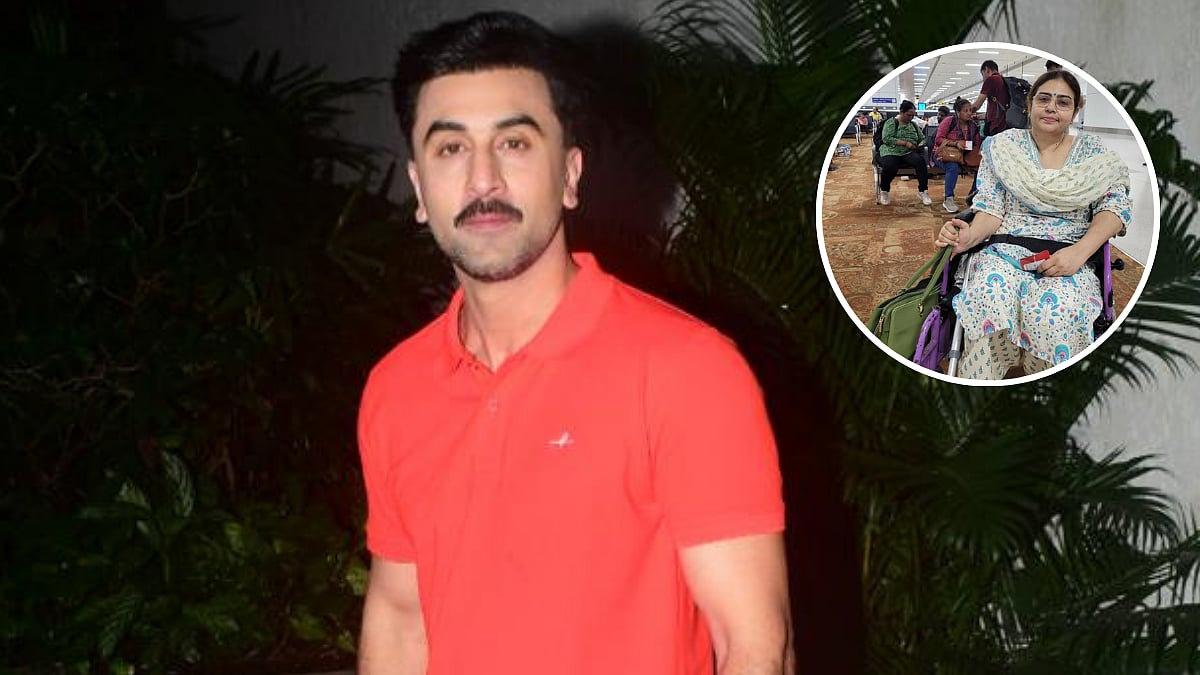It is almost as if they were all hanging in peace,’ an officer of the Crime Branch investigating this rarest of rare cases tells the filmmakers. Hanging in peace — a most telling phrase under any circumstance. In the context of a family, 11 members of which were found hanging in the living room of their house in Delhi one summer morning, it is unsettling. And that — ‘unsettling’ — is the one word that probably best describes Leena Yadav’s terrific and terrifying new docu-series.
Though advertised as a ‘true crime’ series, House of Secrets by and large eschews tropes of that genre to create a harrowing picture of not only a family, but an entire society, gone all wrong. It’s at the same time an epitaph, a dirge for the myth of the great Indian joint family. As a psychologist observes, this family was only ‘an extreme version of what we are in most families’.
New Delhi, circa 2018. Aspiring to be a millennial city. A city of malls, multiplexes, intricate metro linkages and flyovers, towering high-rises, shining lights. Burari — all narrow lanes, unauthorised colonies, twisted electricity cables hanging overhead, barely 20 kilometres from the city’s nerve centre Connaught Place — could well belong to another era. One of the many strengths of the series lies in the way Yadav captures the locality — its geography and its people.
What makes the series work is the way it underscores how well-nigh impossible it is to make sense of what happened. After all, how do 11 members of one family — spanning three generations, ages 14 to 80 — hang themselves at the same time, blindfolded, mouths taped, hands tied with wires? What drives a 14-year-old, or a Delhi University graduate with a job at an MNC, go along with something like this? How could an entire family carry out a ritual like this in the middle of what is a bustling overcrowded neighbourhood, with no one — not their closest friends or relatives — having a clue? How does a family get through a wedding engagement of one of its members, spending Rs 4,00,000 on it, barely days before executing something on this scale?
The director lets an array of voices try to piece together the disturbing story. You have friends and neighbours who have the same refrain about this being the most amiable of families: ‘They were people like us’. You have the police officers who were first assigned the case, and who remain as baffled when the case is closed — ‘incidental death’, says one of them, before correcting himself: ‘accidental death’. There’s a crime reporter from a leading newspaper, who can’t figure out what to term the deaths — murder (no one killed anyone else) or suicide (no one killed herself/himself either). You have leading doctors like Ambarish Satwik, some of the best psychologists in the capital, you have Barkha Dutt, officials of various investigative agencies — all trying to make sense of the unfathomable.
The narrative plays out like a first-rate mystery, reeling you in, keeping you on the edge, taking into its ambit the suggestions of the occult, numerology (11 people, 11 windows, 11 pipes sticking out of the house’s exterior, seven pointed downwards, four opening up — there were seven women and four men among the dead), even the Karni Sena hotheads. All of that climaxing with the diaries recovered from the crime scene, with which emerge the shadowy figure of the family’s youngest son.

One can only watch with horror as the series unravels the mind of this by-all-accounts mild-mannered man, traumatised by an experience from the past, possibly unnerved and unhinged by the death of his father (it is postulated that the son used to be possessed by the spirit of his father) and driven by the need to exercise his authority over the extended family. As one chilling entry in the diaries reads: ‘Daddy [the dead father] ke aane ka time ho gaya hai’ (It’s time for Daddy to appear.)
Faith and delusion, notions of patriarchy and gender, the societal imperative to keep up appearances, the insularity of our lives, the culpability of the media, the importance of talking about mental health — the series raises questions that we need to address with utmost urgency. There can never be a closure to something like Burari. The only relief lies in the surviving brother’s gesture of donating the eyes of the deceased. One can only hope that the recipients see in this world the hope and promise that the 11 dead were probably denied.
Title: House Of Secrets: The Burari Deaths
Genre: Docu-series (3 episodes)
Director: Leena Yadav
Platform: Netflix
Rating: 4 stars
(Shantanu Ray Chaudhuri is an award-winning publisher, editor and a film buff)
